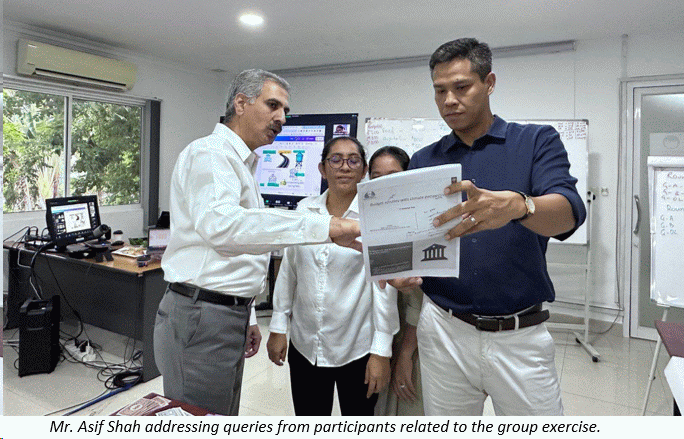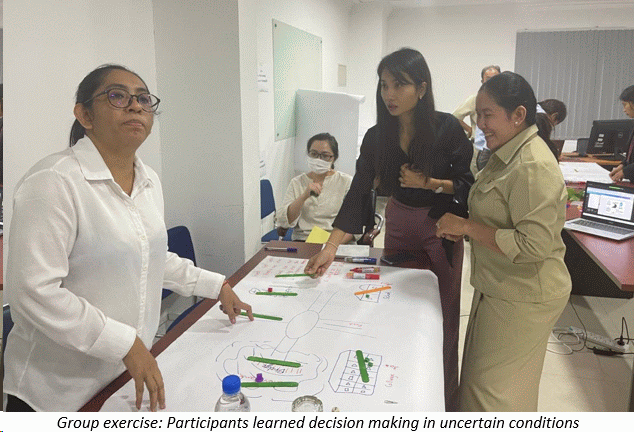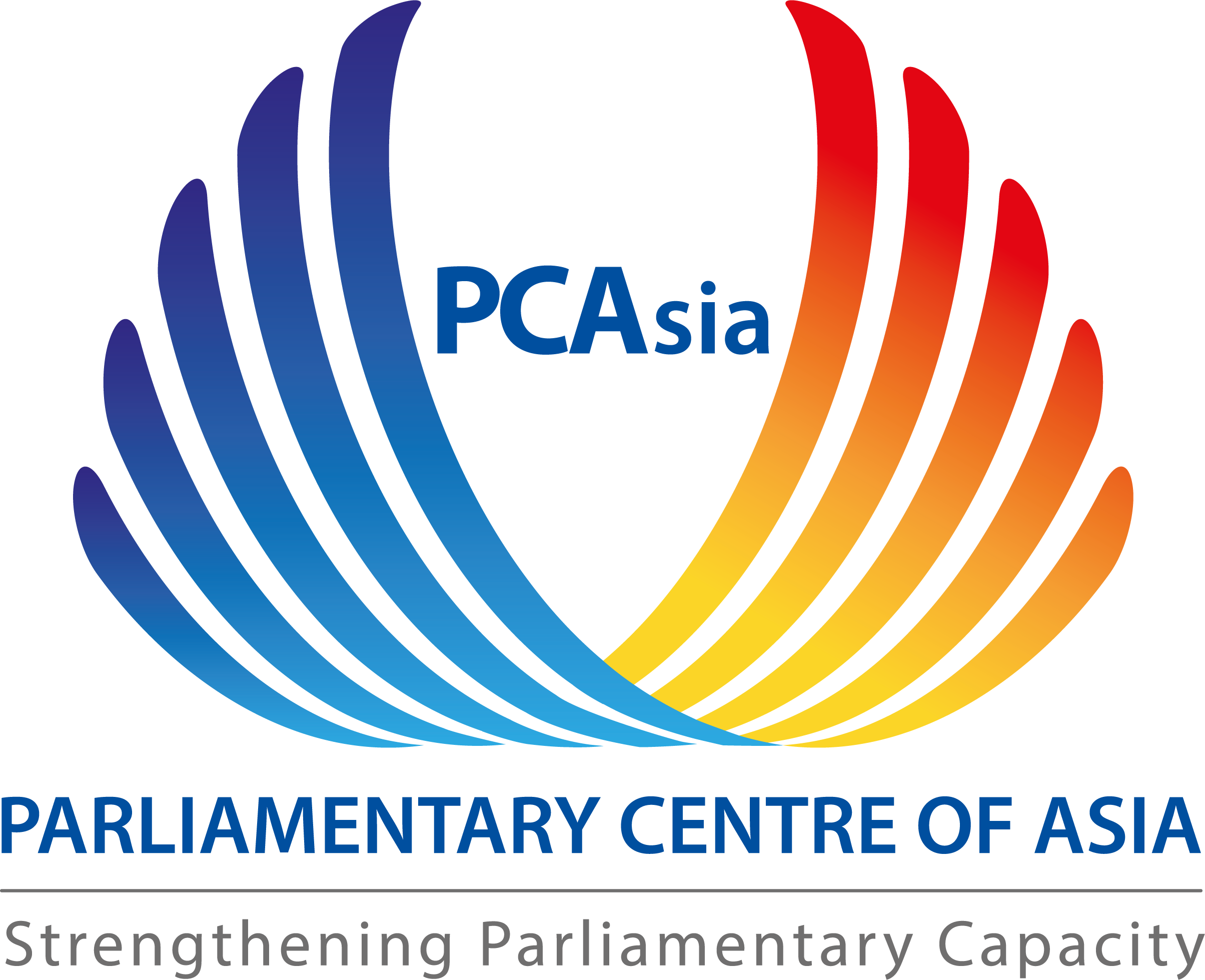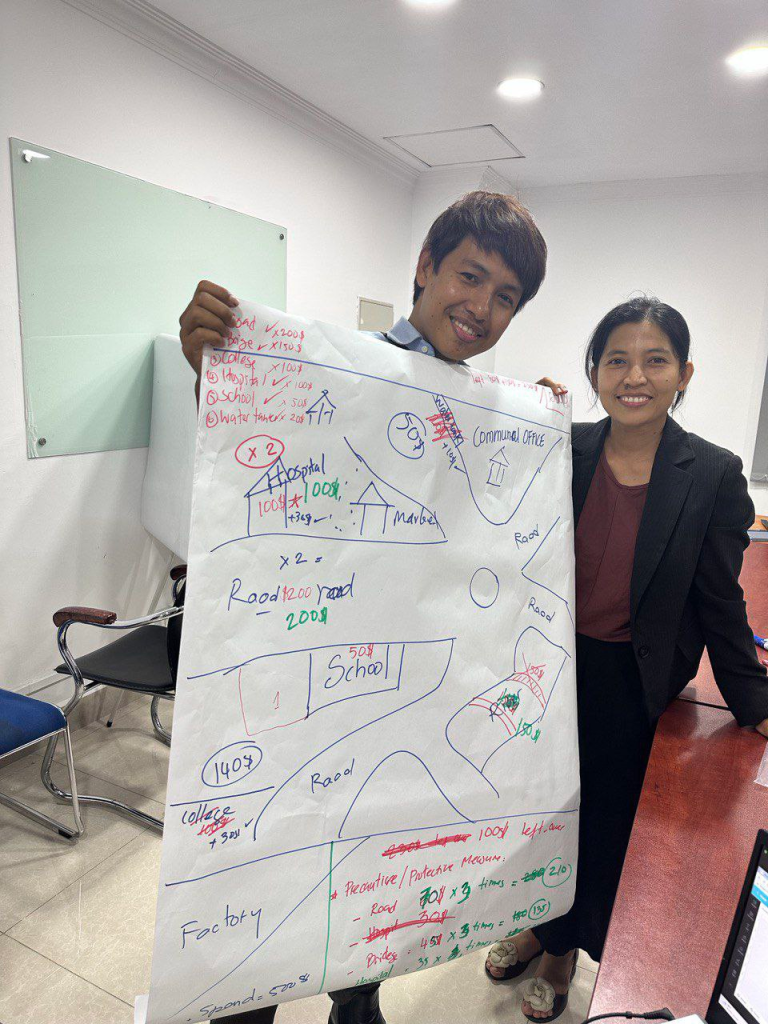Summary
Parliaments are one of the key stakeholders in the implementation of the Paris Agreement (2015) that aims to strengthen global response to the threat of climate change. As law making institutions they can provide the necessary legislative support for climate actions and as an oversight body they can hold governments to account for the execution of laws and policies. While they also play an important role in budgeting, they often lack the relevant data during budget scrutiny and the lack of availability of technical support that can sometimes undermine legislative oversight particularly from a climate change perspective. As a result, the full potential of the Parliaments in support of climate action cannot be realized.
Parliamentary Centre of Asia (PC Asia) in collaboration with the UNDP and other regional institutions organized training for the Parliamentary staff of Cambodia, Indonesia, Philippines, and Thailand. This intervention was designed by the Environment and Climate Change and the Fiscal Analysis Capacity Training program teams of PCAsia with the objective of providing climate perspective to budget scrutiny.
Who were our speakers?
Dr. CHHINH Nyda is a renowned researcher in the fields of environment and climate change. He has a PHD from the School of Environment, Flinders University, Australia and is associated with the Department of Economic Development, Faculty of Development Studies at, Royal University of Phnom Penh.
Mr. Asif Shah, Senior Public Finance Advisor, UNDP- Governance for Resilient Development in the Pacific Project is an accomplished professional who has supported governments in the Asia-Pacific in strengthening public financial management (PFM) and provided technical support to the Parliaments in enhancing legislative oversight.

What did the training cover?
The objective of the capacity support intervention was to share academic knowledge regarding climate change, the interplay between climate change and public financial management and finally, the legislative scrutiny of budget through a climate lens.
Dr. CHHINH Nyda provided an overview of basic concepts of climate change, climate finance, the impact of climate change on health and the state of climate change issues in the ASEAN context.
Mr. Asif Shah provided the public finance perspective focusing on how to integrate climate change into the budget cycle. He shared experiences from different countries particularly innovations in budget scrutiny. Climate budget tagging was introduced to the participants to they can learn of the tools that can generate data both for the executive and the Parliaments.
Using experiential learning techniques, the participants started with a breakout group that helped them to understand the complexities in decision making during uncertain conditions in the climate context. Further, the participants were exposed to the interplay of climate change and PFM, climate budget tagging and experiences of budget scrutiny in the Asia Pacific Region.

This initiative helped PCAsia to achieve one of its main objectives which is to connect parliamentary staff with experts to exchange information on how oversight roles of parliaments could be strengthened in response to uncertain climate disasters.
Who participated?
In total, 13 Parliamentary staff – 7 from Cambodia, 4 from Indonesia, 1 from Thailand and 1 from the Philippines attended the training in face to face and online mode.
Left: Group exercise: Participants learned decision making in uncertain conditions
Right: Mr. SETH Sounvisal, sharing his climate proof community map after winning the group exercise



